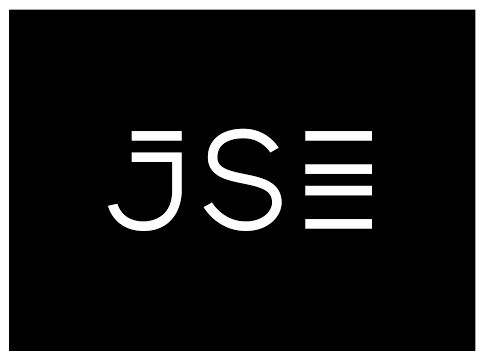Introduction to Exchange Traded Funds (client)
Post on: 16 Март, 2015 No Comment

The number of ETFs available to UK investors is growing rapidly and many advisers are recommending them for clients’ portfolios. ETFs can be a useful tool for constructing broadly diversified long-term portfolios.
ETFs are usually nothing more than another type of pooled investment fund. They differ from other pooled funds in that shares in an ETF trade on a stock exchange like listed company shares, rather than through an investment manager. The most popular ETFs simply track major indices, such as the FTSE All Share Index in the UK or the S&P 500 Index in the US.
Most of these index ETFs track their respective indices by investing in all, or a representative sample, of the companies included in the underlying index. Some, however, use specialist financial instruments to track the index. If your adviser recommends an index fund for you, they should clearly they explain how the fund tracks an index and all the risks involved.
Why consider ETFs?
There are a number of reasons why your adviser might recommend an ETF (based on your circumstances and risk profile) including flexibility, transparency or cost.
Some key terms
Here are some key terms you’ll probably come across when you research ETFs:
Active management – An investment management approach where the manager selects securities from the investment universe prescribed by a fund’s investment objective. The goal of an actively managed fund is to beat, rather than simply match, the return from a particular market index or benchmark.
Diversification – A strategy for protecting against risk by spreading investments across different types of investments.
Index – A portfolio of securities assembled with the goal of closely matching a market or economy.

Index or passive management – An investment approach aiming to closely match the returns of an index or other benchmark.
Mutual or pooled investment fund – An investment vehicle where a number of individual investors pool their money to create a large, professionally managed fund.
Net asset value (NAV) – The value of a fund’s assets less its liabilities. Open-ended fund – A pooled investment scheme where the number of units in the fund varies according to the number of investors buying and selling holdings in the fund.
Portfolio – A combination of investments held in one place. A portfolio is frequently created to meet particular investment objectives, such as providing capital growth or regular income.
Stockbroker – An agent dealing in the stock market on behalf of individuals or institutions. Sometimes they offer investment advice, other times they simply execute the trades their client wants. There are also online low-fee stockbrokerage services.
Stockmarket – Secondary markets, such as the London Stock Exchange, where previously issued securities are bought and sold.














